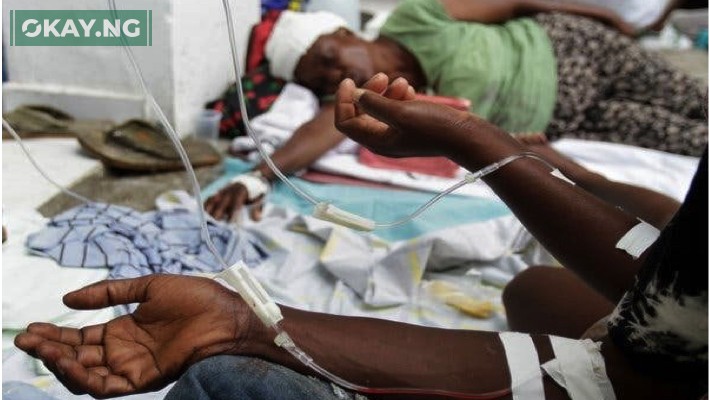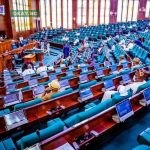The Nigeria Centre for Disease Control and Prevention (NCDC) has reported a sharp rise in cholera cases across the country, marking a 128 percent increase compared to the same period last year.
Lagos State accounted for 60 percent of the reported cases, with Lagos Island identified as the most affected Local Government Area (LGA).
According to the NCDC’s report for epidemiological week 35, the number of suspected cholera cases surged to 7,056 as of September 1, 2024, compared to 3,096 cases at the same point in 2023. The death toll from cholera also saw a significant rise, increasing by 106 percent with 204 fatalities recorded this year.
In June, Nigeria declared a state of emergency on cholera, driven by a case fatality rate of 3.5 percent, far exceeding the national expected average of one percent. The NCDC also noted that cholera fatality rates had improved slightly, dropping to 2.9 percent from 3.2 percent in 2023.
Cholera, caused by the bacterium Vibrio cholerae, remains a critical health challenge, particularly in areas with inadequate sanitation and limited access to clean water. The NCDC identified other heavily affected states, including Bayelsa, Katsina, and Zamfara.
“Vulnerable groups, particularly children under five, remain the most affected,” the NCDC said, adding that efforts to contain the outbreak include intensified rapid diagnostic testing and stool culture tests. The public health agency also called for increased public awareness and intervention to curb the spread of the disease.
Public health experts have pointed to several factors contributing to the surge in cases, particularly in densely populated urban areas like Lagos Island. Dr. John Okoro, an epidemiologist, highlighted the impact of poor sanitation and inadequate waste management.
“The lack of proper waste management systems and access to clean water in areas like Lagos Island has made it a breeding ground for waterborne diseases. Poor sanitation and overcrowded living conditions are accelerating the spread of infections,” Dr. Okoro explained.
He called for urgent government intervention, stressing that improving access to safe drinking water and investing in sanitation infrastructure should be top priorities.
Environmental health specialist Peter Adamu echoed these concerns, emphasizing the need for long-term solutions to address the infrastructure gaps in urban slums.
“Slum areas, particularly in Lagos, have been neglected for years, which not only puts residents at risk but increases the overall public health burden on the country. It is time we prioritize these vulnerable communities if we are serious about preventing future health crises,” Adamu said.
He called for a comprehensive approach to urban health planning, underscoring the need for multi-sectoral collaboration between health, environmental, and urban planning authorities to tackle the cholera crisis effectively.









